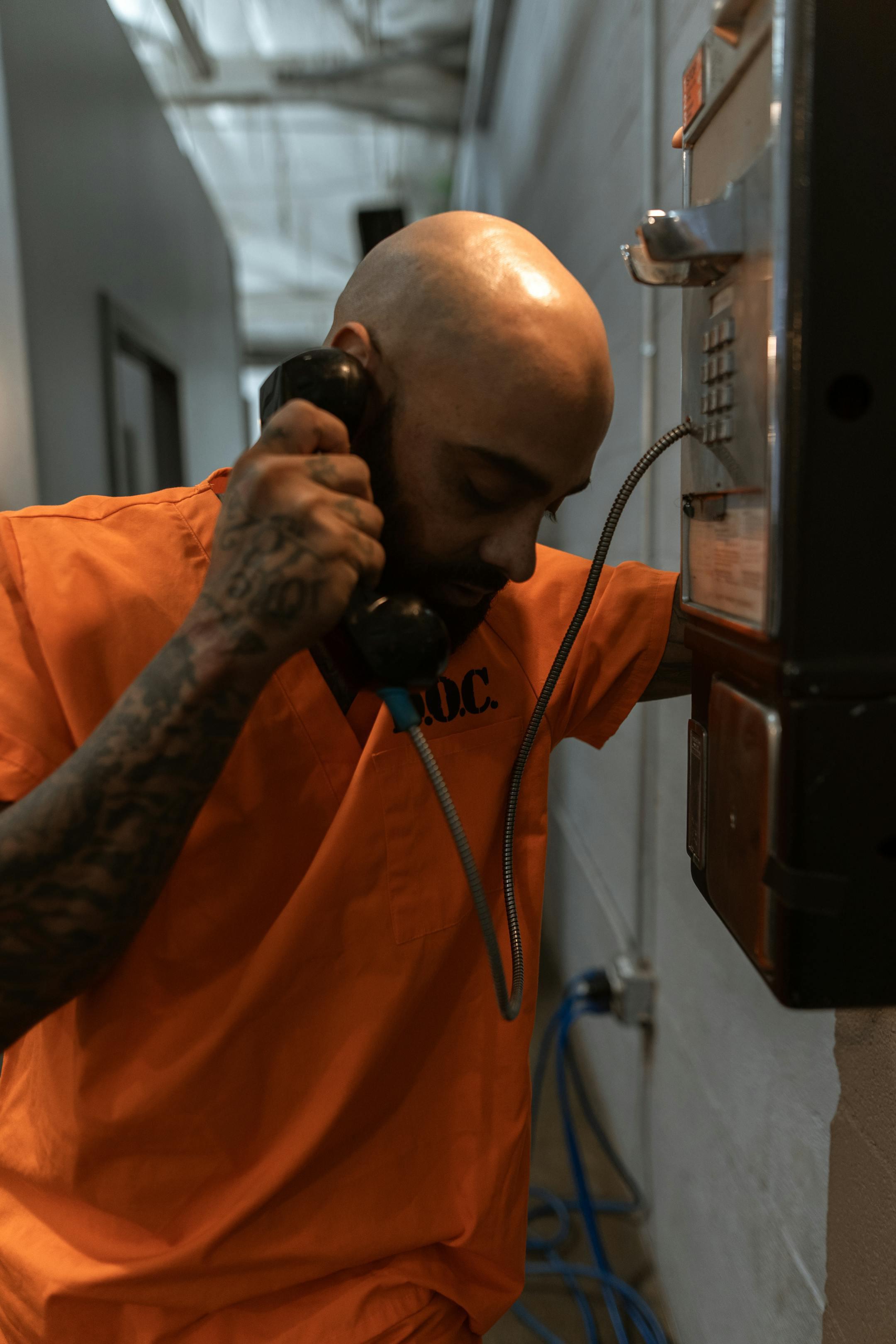
The parole process isn’t just a bureaucratic formality—it’s a critical turning point, a chance to step beyond the prison walls and reclaim your future. But getting there? That’s where the real challenge begins. The Alabama Board of Parole holds the keys, weighing each case with scrutiny, deliberation, and a sharp eye for details.
If you or a loved one is up for parole, you can’t afford to go in unprepared. At Maxwell Tillman, our trial lawyers don’t just offer legal representation—we strategize, advocate, and fight to get you the best possible outcome.
Parole isn’t a free pass—it’s a structured transition back into society, with conditions and expectations that must be met. It allows eligible inmates to serve the remainder of their sentence outside prison walls under supervision. The Alabama Board of Parole makes these decisions based on behavior, rehabilitation efforts, and the potential impact on public safety.
The Alabama Board of Parole, officially known as the Alabama Bureau of Pardons and Paroles, is a panel of appointed decision-makers who review cases, examine records, and listen to testimonies before ruling on parole eligibility. Their decision is final, but a strong case can tilt the scales in your favor.
No two parole cases are the same, but certain factors consistently shape outcomes. The board considers:
Success isn’t about luck—it’s about preparation, strategy, and execution. Here’s how you can strengthen your case:
Knowledge is power. Understanding how the Alabama Board of Parole operates will help you present yourself with confidence. The more you know about the hearing process, the better you can navigate it.
Paperwork can be your greatest ally or your biggest weakness. Gather strong letters of support from family, friends, employers, and community leaders. These endorsements serve as tangible proof that you have the backing needed to transition successfully.
Talk is cheap—actions matter. Highlight tangible steps you’ve taken toward self-improvement:
The board needs to know you have a plan—where you’ll live, how you’ll support yourself, and what steps you’ll take to stay out of trouble. A vague or uncertain future could work against you. Lay out a detailed roadmap.
Expect to be asked about your past, your crime, your regrets, and your plans. Be honest, remorseful, and focused on growth. Practice speaking with clarity and conviction—stumbling through your responses won’t inspire confidence.
A skilled attorney can refine your argument, challenge biases, and present your case in the most compelling way possible. At Maxwell Tillman, we don’t just help you prepare—we fight for your freedom.
If your parole is denied, you’ll be given a future eligibility date for reconsideration. Use this time wisely—continue rehabilitation efforts, strengthen your support system, and work on addressing any weak points in your case.
If you or a loved one is facing a parole hearing, now is the time to act. Contact us today, and let’s build a winning strategy together.